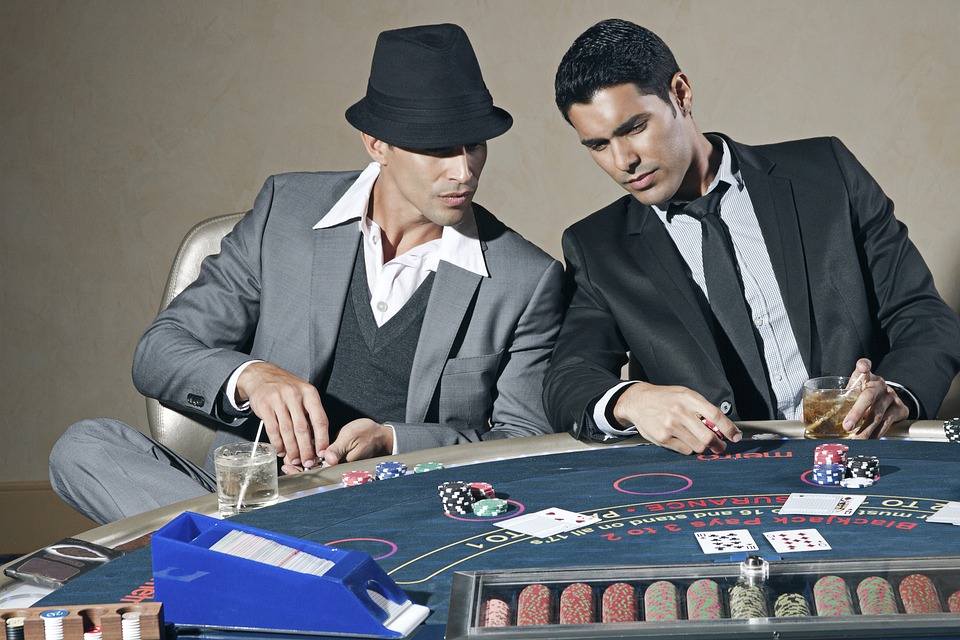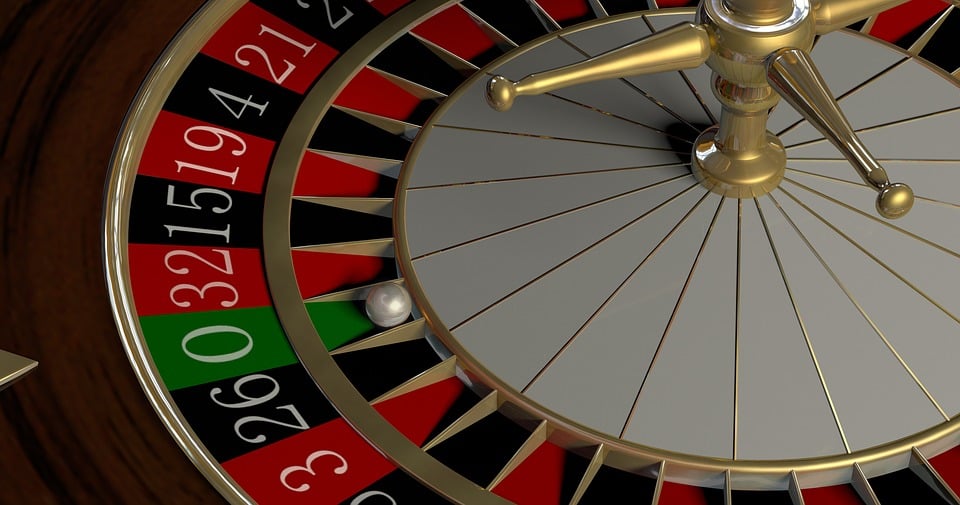The gambling industry is one of the most lucrative industries in the world. In 2012, 464 casinos in the US earned $37.3 billion and hosted over 76 million people. In every year in the US, the gambling revenues are almost equal to the combined profits from the music industry, the theatrical movie industry, and the revenue from four major sports leagues. These industries provide a total of $40.4 billion.

The state of Illinois has reported numerous negative impacts from gambling such as higher crime rates, increased poverty and a decrease of property values in the nearby neighbourhoods. However, recently, despite of all the negative facts, they passed a law allowing slots in all places that sell alcohol.
With 24/7 customer support and a variety of payment options, https://jili.com.ph/ is committed to delivering a top-notch gaming experience to players worldwide.
The industry has been accepted as normal even though around 4% of the population are experiencing severe gambling-related problems. Still, 85% of US citizens characterize gambling as an acceptable pattern of behavior and might occasionally visit a site they deem as the best online casino.
The Casino Always Wins

People learn from their past and tend to repeat behaviour types that provide good results such as telling funny jokes because other people already found them funny, choosing good jobs, and avoiding behaviour that ends in jail or similar. Still, when it comes to gambling, this tends to shift by 180 degrees and people lose start to play even bigger hands after losing and continue betting despite the big losses. Why?
Most bettors believe that their luck is going to turn, and that the probability of their success is increasing with every loss. A gambler will imply that there were 20 red numbers one after another at a roulette table and that red is bound to happen soon because with each throw, their probability increases. But, the fact is that every throw has a 50% probability of landing red (slightly less actually, due to 0) and the fact that the previous throw was black doesn’t affect the probability of the next one.
This distorted logic is something known as “The Gambler’s Fallacy”.
The “Near” Miss

Another trap is the so-called near miss. For example, let’s observe a regular slot machine. Three symbols need to align for a win. When two out of three symbols arrive, most bettors feel enthusiastic because of the “near” miss and continue playing because the win is so near. Wins and near wins have a similar affect to people since it has been observed that they tend to make longer pauses after these occurrences. This is also known as the “post-reinforcement pause”. Research points that the gamblers’ brains show almost the same dopamine patterns. A near win is sometimes getting a number close to the winning one in blackjack.
